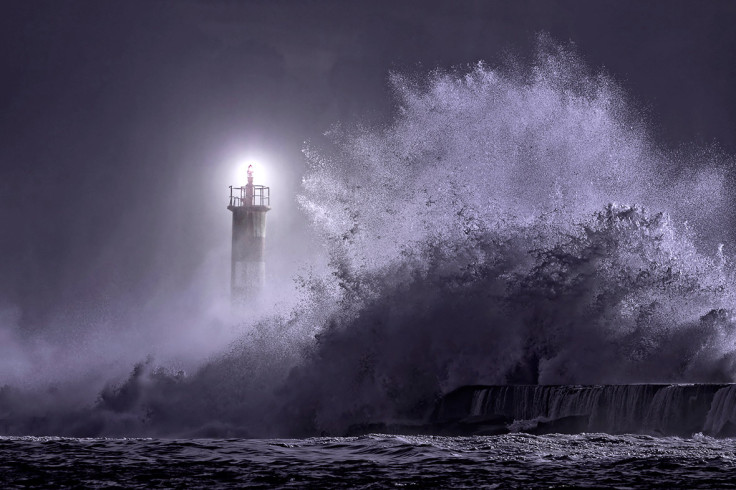Hurricane Gaston could travel to the UK from Florida say forecasters
A hurricane formed off the coast of Florida could be headed to the UK, this week according to reports.

Hurricane Gaston's path is unclear, according to experts, with some suggesting it may head north-east across the Atlantic Ocean. However, by the time it hits the UK if indeed it does, Gaston will have weakened, but still could bring winds of 70mph.
The Mirror.co.uk quotes independent weather forecast provider Meteogroup, which suggests Gaston could head towards the UK as a low-pressure system, causing disruption from Friday. However, the Met Office's forecast for the week ahead is less dramatic.
The Met Office's website says that from Friday the UK and particularly north-west of England could expect heavy rain. Though it says the forecast remains uncertain, the weather was "likely to remain changeable," predicting average or slightly above average conditions, though nothing like warm weather recently experienced in the UK.
According to NBC News, Gaston is sat around 655 miles south-east of Bermuda, and is moving north-west towards Florida on Saturday.
While it had weakened to a tropical storm, it appeared to be regaining strength again.
The storm has sparked fears around the collection of standing water, which could create problems as the state attempts to control the increasing presence of the Zika virus.
More Zika fears
Reported cases of the virus, which was first seen in South America and notably Brazil, have reached almost 600 in the state of Florida, with 40 of those said to be locally transmitted and not as a result of travel in Latin America or the Caribbean.
Florida is particularly at risk from spread of the virus, since it's almost year-round warm, humid conditions provide ideal conditions for the Aedes mosquitoes, which spread the disease.
However, the Department of Health said the known cases remained localised, since mosquitoes typically do not fly very far.
Of the growing number of cases, NBC reported 70 were pregnant women. The Department of Health advised pregnant women avoided all non-essential travel to the worst-affected areas to avoid contracting the virus, which can cause birth defects.
© Copyright IBTimes 2025. All rights reserved.






















